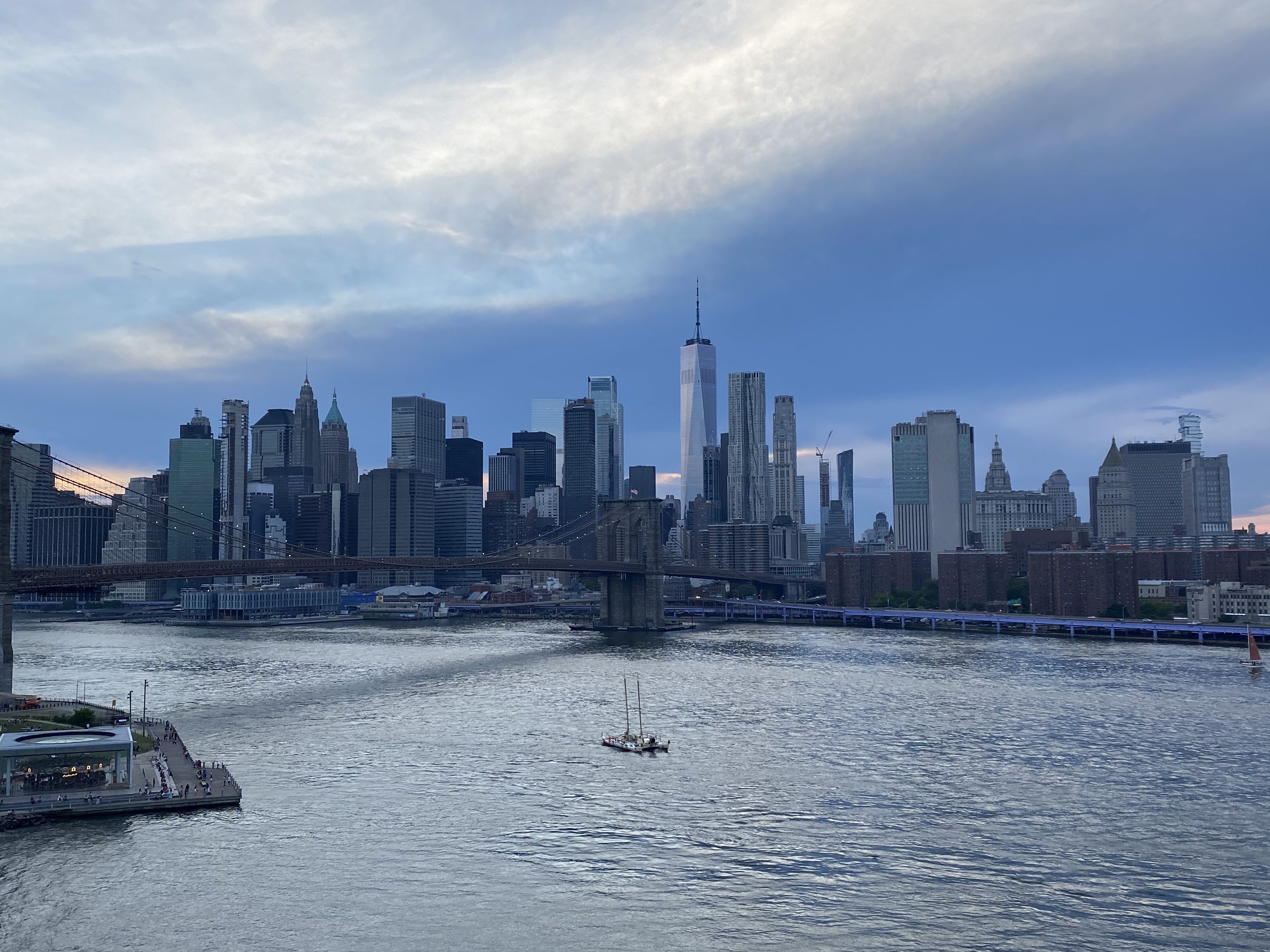 Guinean opposition leaders rejected on Thursday the ruling junta’s offer of a national unity government and called for foreign intervention to prevent more bloodshed after the killing of protesters on Monday.
Guinean opposition leaders rejected on Thursday the ruling junta’s offer of a national unity government and called for foreign intervention to prevent more bloodshed after the killing of protesters on Monday.
Junta chief Captain Moussa Dadis Camara, facing the threat of international sanctions after security forces killed scores of anti-government protesters, wants to ease tensions in the world’s biggest exporter of the aluminium ore bauxite.
But Camara gave a new indication in a radio interview that he planned to stay in power, and opponents greeted his proposal of a unity government with scepticism.
“This does not interest me in the slightest,” Sidya Toure, an ex-prime minister and leader of the opposition Union of Republic Forces (UFR), said of Camara’s offer late on Wednesday.
“At the moment we are more interested in burying our dead,” he said of killings which a local human rights group said claimed at least 157 lives. Hundreds were injured.
An umbrella group of Guinean opposition parties, Le Forum des Forces Vives de Guinea, said on Thursday it was calling on the African Union and ECOWAS, a regional West African grouping, to send peacekeepers to protect the public from a military “that the head of the junta admits he can’t control.”
Earlier Mouctar Diallo of the New Forces of Democracy party dismissed Camara’s proposal as a “diversion”.
“Moussa Dadis Camara is no longer credible to lead a transition (to democracy),” Diallo told reporters. “He has massacred his own people, and he has lost all credibility. We are not interested in this type of proposal.”
Camara’s National Council for Democracy and Development (CNDD), which seized power in a bloodless coup last December, called for an African leader to be appointed mediator in talks on a unity government.
It also proposed U.N.-backed investigations into Monday’s violence, which Camara has blamed on uncontrolled army elements, and into a February 2007 crackdown on opponents of late President Lansana Conte in which more than 180 died.
COUNTER-COUP?
Camara stepped into the power vacuum that opened after Conte died, promising to allow a transition to civilian rule in an election now set for Jan. 31. But in the latest of several recent hints that he now intended to remain in power, Camara said on Tuesday there might be a new coup if he stood down.
“The army have taken me hostage. They tell me ‘if you step down then we’ll take over’,” he told French RFI radio.
Monday’s violence, the worst since the CNDD came to power, drew broad international condemnation. Former colonial power France said it had cut military cooperation with Guinea and would discuss further measures with European partners.
The African Union has given Camara until mid-October to confirm he will stay out of presidential elections on Jan. 31, and threatened to impose sanctions if he misses the deadline.
“There is too much at stake for the international actors to allow Guinea to enter a downward spiral like Guinea Bissau,” Yale anthropologist and West Africa specialist Mike McGovern said of Guinea’s tiny neighbour, a narcotics hub for Europe characterised by some analysts as close to being a failed state.
“If Guinea goes down, it puts the rest of the region at risk,” McGovern said of its strategic position surrounded by fragile states such as Liberia, Sierra Leone and Ivory Coast.
Despite the unity call, Camara has taken a tough line on opponents since the violence, banning all “subversive” meetings and threatening to punish any opposition troublemakers.
Senior opposition figure Cellou Dalein Diallo, who suffered five broken ribs in Monday’s violence, was prevented by the junta from leaving the country late on Wednesday to receive medical treatment in France, an aide told Reuters.
 The Islamic International University of Islamabad has reopend its doors after a twin suicide bomb attack killed seven students and staff and injured dozens last Tuesday.
The Islamic International University of Islamabad has reopend its doors after a twin suicide bomb attack killed seven students and staff and injured dozens last Tuesday.


 Guinean opposition leaders rejected on Thursday the ruling junta’s offer of a national unity government and called for foreign intervention to prevent more bloodshed after the killing of protesters on Monday.
Guinean opposition leaders rejected on Thursday the ruling junta’s offer of a national unity government and called for foreign intervention to prevent more bloodshed after the killing of protesters on Monday.